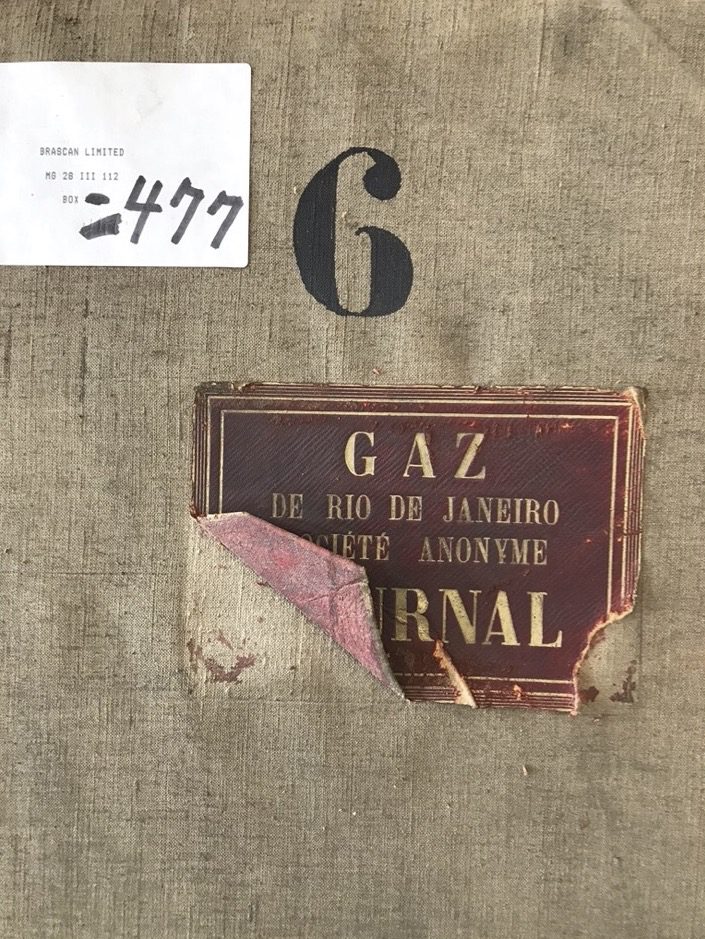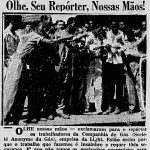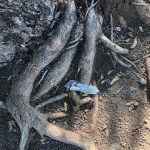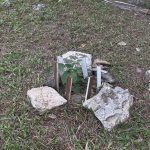
Thinking the Archive, Insisting Within the City
Paranoá (UNB), v. 2022, p. 1-17, 2022.
This paper reflects on some of the pressures involved in researching the documentation kept by the Canadian firm ‘Brazilian Traction, Light and Power Company,’ better known in Brazil simply as ‘Light’. It is well known that Light held monopolies for some of the main urban networks in the Rio de Janeiro – São Paulo axis, and that the company played a leading role in transforming urban environments, affecting population mobility, and expanding development vectors in Brazil’s largest cities during the first half of the twentieth century. Beyond the strong ties that link the urban domain to the history of public utility companies, what effects can the archival turn have on the ways in which we conduct and present research on cities? Addressing the materiality of physical archives while experimenting the city and vice versa, the fragments presented in this article rehearse a way of articulating the archive that reflects on the state and the city, while also articulating certain forms of violence: promises of conservation; threats of destruction; efforts of remembering and forgetting; forms of access, authorization and insistence.


